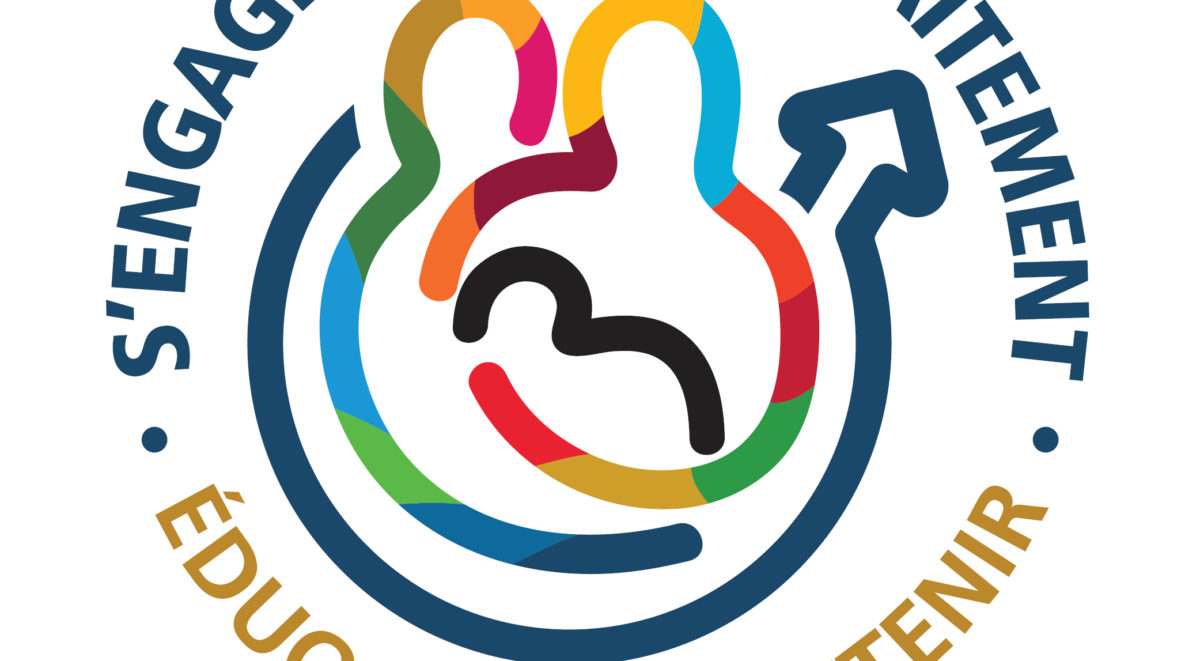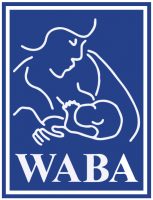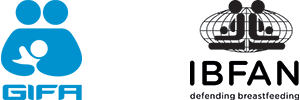
Like every year, WBW (World Breastfeeding Week) is celebrated on different dates around the world. In Switzerland, it is in mid-September.
The University Hospital of Geneva (HUG) organizes on this occasion :
- an information stand at the entrance of the maternity ward on Monday 12 September in the afternoon and on Friday 16 September in the morning.
- free workshops on the newborn for parents on Wednesday, September 14, upon registration. https://services.hug.ch/fr/evenement/semaine-mondiale-de-lallaitement-2022
At the CHUV in Lausanne, a symposium is organized on Wednesday September 21 from 2 to 6 pm, in collaboration with Promotion of Breastfeeding in Switzerland.https://www.stillfoerderung.ch/logicio/pmws/indexDOM.php?client_id=stillen&page_id=ftls2022&lang_iso639=fr

Joint statement UNICEF and WHO
On the occasion of World Breastfeeding Week, UNICEF and WHO call on governments to allocate more resources to protect, promote and support breastfeeding policies and programs. Joint statement by UNICEF Executive Director Catherine Russell and WHO Director-General Dr. Tedros Adhanom Ghebreyesus on the occasion of World Breastfeeding Week. https://www.unicef.org/press-releases/joint-statement-unicef-executive-director-catherine-russell-and-who-director-general
The theme of the WBW 2022 is “Step up for breastfeeding – educate and support”.
WABA (World Alliance of Breastfeeding Action), organizer of the WBW since its inception in 1992, is providing an action kit in 12 languages to facilitate local actions around the world. https://worldbreastfeedingweek.org/action-folder/

The decision to breastfeed should not be left to the woman alone, it requires the support of society as a whole. Women have a more positive and satisfying breastfeeding experience if they have continuous, quality support. It also promotes longer breastfeeding, which is beneficial for the development and health of children as well as for the health of mothers.
Two groups of actors play a key role in this support:
The health world
Health care providers play a key role in supporting breastfeeding and require consistent and appropriate evidence-based education. Both pre-service education and regular in-service training must be available, and train-the-trainer programs help create sustainable programs. Health care providers need to understand maternal-friendly care and the Baby-Friendly Hospital Initiative to be able to implement the health care facility’s policy, as well as specific breastfeeding counseling skills. Training in the Code (WHO Code of Marketing of Breastmilk Substitutes) is essential for them to fulfill their responsibilities under the Code. Also, they need to be aware of local cultural practices and beliefs and how they affect breastfeeding.
The community
Community stakeholders play an important role in supporting national and international advocacy and programs to protect, promote, and support breastfeeding, such as the WBW. They need to be aware of the tactics of the breastmilk substitute industry, which provides disinformation through unethical promotion of formula. Community stakeholders also need education and training to understand how they can help parents breastfeed. They can work collaboratively with health care providers to support breastfeeding parents and fill gaps in breastfeeding support when parents are discharged from the hospital.
The four goals for WBW 2022

#WBW2022 #WABA #SDG #breastfeeding
